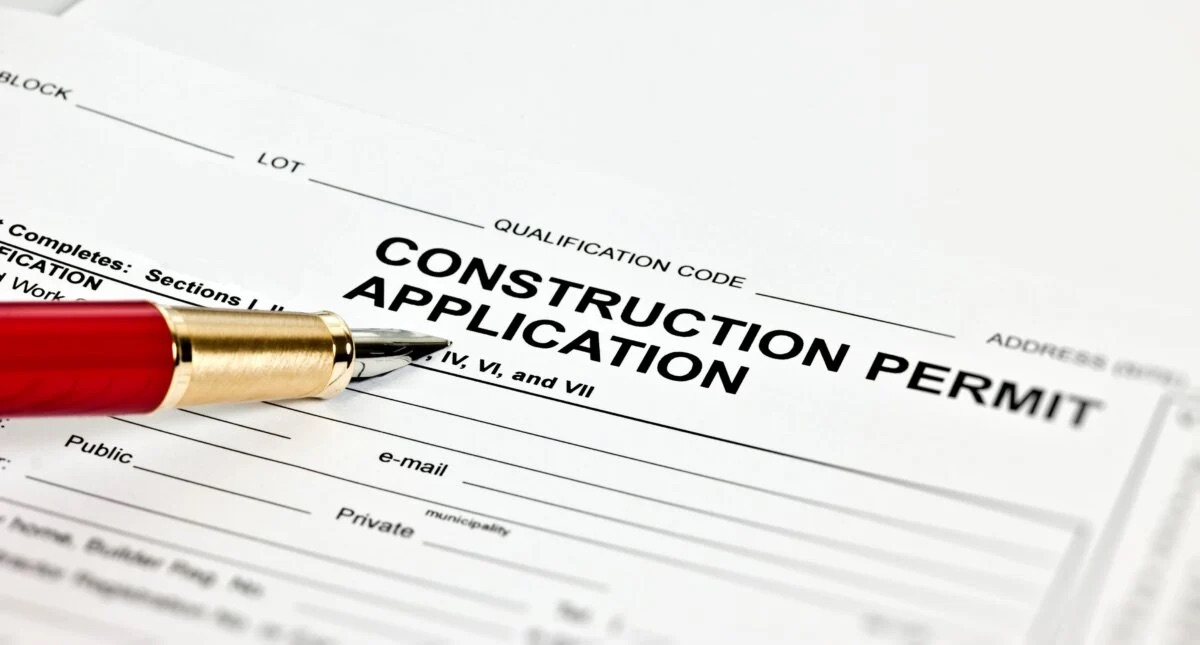
Before You Break Ground: Essential Legal Considerations for Renovation Projects
5/27/2024
Embarking on a home renovation project is an exciting venture. However, before the demolition commences and the construction crew arrives, it's crucial to address the legal aspects to ensure a smooth and successful journey. Here's a roadmap to navigate the essential legal considerations before you break ground:

Understanding Permits and Approvals:
- Permits: Every renovation project requires permits from your local building department. The specific permits needed depend on the scope and complexity of your renovation. Research permit requirements early on and factor in processing times to avoid delays.
- Zoning and Codes: Ensure your renovation plans comply with local zoning ordinances and building codes. These regulations dictate aspects like property setbacks, permissible square footage additions, and restrictions on certain materials or design elements.
- Homeowner Association (HOA) Regulations: If your property falls under an HOA, review their architectural guidelines and renovation approval processes. Obtain any necessary approvals from your HOA before commencing work.
Securing the Right Professionals:
- Contractor Licensing and Insurance: Always hire licensed and insured contractors for your renovation project. Verify their license validity with your state licensing board and ensure they carry general liability and worker's compensation insurance.
- Written Contracts: Never enter a verbal agreement with a contractor. Finalize a detailed written contract outlining the scope of work, project timeline, payment schedule, material specifications, and change order procedures.
- Architect or Engineer Involvement (Optional): For complex renovations, consider consulting with a licensed architect or engineer. They can create detailed plans, ensure structural integrity, and guide you through the permitting process.
Protecting Yourself and Your Property:
- Property Insurance Review: Review your homeowner's insurance policy to ensure it covers potential damages during construction and liability in case of accidents. Discuss any necessary adjustments to your coverage with your insurance provider.
- Lead Paint Disclosure (if applicable): If your home was built before 1978, federal regulations mandate lead-based paint disclosure before renovation or demolition work begins. Disclose the presence of lead paint to potential contractors and occupants.
- Building Code Compliance Warranties: Some contractors might offer warranties related to building code compliance. Understand the terms and coverage of such warranties to protect yourself from future liabilities.
Addressing Potential Issues:
- Boundary Lines and Surveys: Consider getting a property survey done to establish clear property boundaries, especially if your renovation involves expansions or structural changes.
- Lead Safe Practices: If lead paint is present, lead-safe work practices must be followed during renovation to prevent lead dust contamination. Hire EPA-certified renovators trained in lead-safe practices.
- Neighboring Property Considerations: For major renovations, especially those involving exterior alterations, communicate courteously with your neighbors and potentially obtain their written consent to avoid future disputes.
Additional Tips:
- Maintain Detailed Records: Keep copies of all permits, contracts, warranties, and invoices throughout the renovation project. This documentation can be invaluable in case of any disputes or unforeseen circumstances.
- Open Communication is Key: Maintain clear communication with your contractor throughout the project. Discuss any concerns or questions promptly to avoid misunderstandings and ensure the project stays on track.
By addressing these legal considerations before you break ground, you can mitigate potential risks, ensure a smooth renovation journey, and protect yourself from financial or legal complications. Remember, a successful renovation project requires a solid foundation, and legal preparedness is a cornerstone for achieving your dream renovated space.
